It’s been estimated that are 27.6 million individuals trafficked worldwide at any given time regardless of age, background, or nationality (United States Department of State, 2023, p. 1). Such a statistic shifts focus to how traffickers will exploit one for their own benefit without much concern for one’s overall mental health. This presents the opportunity to discuss the need for sex trafficking survivors to have a safe, supportive environment to unpack their trauma for what it is.
For context, sex trafficking is defined as a crime involving the act of compelling or coercing an individual to provide or engage in commercial sex acts. Coercion can be subtle, overt, physical, or psychological (U.S. Department of Justice, 2023, p. 1). This means of coercion can manifest in various situations that lead to a concerning number of individuals being trafficked when noting how expansive human trafficking is overall. According to the State of California Department of Justice, it’s been estimated that human trafficking is a $150 billion-a-year global industry or modern-day slavery that’s profiting from the exploitation of many vulnerable populations (2023, p.1).
Such means of exploitation can lead to lasting effects that can affect survivors on a deeper level regardless of how long one was trafficked. For example, it’s been reported that survivors can suffer from symptoms of Complex PTSD, which include alterations in self-perception, challenges in one’s interpersonal relationships, and alternations concerning attention and consciousness (dissociation). A more extensive range of symptoms of depression and PTSD can manifest in a physical or less apparent form (Hooper & Gonzalez 2018, p. 183). It can be a process in itself for survivors to make sense of such a traumatic experience for themselves. The act of being violated in such a manner encompasses a range of emotions that aren’t typically highlighted when thinking about a survivor’s perspective on a deeper level.

To add, survivors can experience dysregulation and impulsivity, relationship problems pertaining to mistrust or avoidance, and the potential to be in an unsafe relationship, which can lead to being re-trafficked again. Some survivors can develop an impaired sense of self-worth along with somatic expressions of distress. Such symptoms mentioned thus far are important to emphasize when seeing the connection of how Complex PTSD can become apparent for survivors making sense of being trafficked. Such a traumatic experience can lead to a range of symptoms, from depression, intrusive thoughts, suicidal ideation, and avoidance of reminders, for example (Hopper & Gonzalez, 2018, p. 184).
With this in mind, there is an apparent need to advocate for survivors while offering much-needed support as they navigate life after being trafficked. Such means of support can include taking the time to hear survivors in their own words. This can be easier said than done when referring back to how underserved sex trafficking survivors are and the limited resources or attention provided to them collectively. Despite this, there is room for improvement when taking the time to engage with intent when hearing a survivor’s point of view. It’s not uncommon for survivors to feel alienated or judged for what has happened to them when one doesn’t take the time to understand their trauma. This can present room for distrust when not understanding the challenges that arise in exiting trafficking and beginning the recovery process (Rajaram & Tidball, 2018, p. 193). This focus can apply to those seeking to become licensed mental health clinicians and members of society. More can be done to allow survivors to be heard in their own words.
This focus on the initiative of hearing out survivors can be emphasized when focusing on the need for psychological rehabilitation or therapy with licensed mental health clinicians. Such a focus can make a difference when noting how clinicians can aid survivors in unpacking their traumatic experiences when taking time to explore common post-trafficking reactions such as guilt, shame, or risk of self-harm and suicide (Altun et al., 2017, pp. 22-23). Exploring such reactions under the guidance of a licensed mental health clinician can make a difference for survivors when having room to unpack their trauma in a healthy environment. Survivors need to feel comfortable to unpack their trauma through therapy versus an environment that barely scratches the surface in terms of room to unpack a heavy experience of this nature. This support poses great benefits for a survivor’s overall well-being and recovery process that doesn’t get recognized to a greater extent.

Support or initiatives centered on aiding sex trafficking survivors don’t always come to fruition, but something that can make a difference. Survivors need to feel supported for taking the next steps in their recovery process, which doesn’t always have to come from licensed clinicians. Support can come from anyone in society who is mindful of listening with an open mind and creating a safe environment where survivors can share on their terms. Such a step or initiative can seem self-explanatory but should be highlighted to assist this demographic more effectively. Survivors can greatly benefit from support from those advocating for their needs or having opportunities to seek assistance to better their mental health in the recovery process. Support for this underserved demographic can make all the difference if made a priority or concern within society on a larger scale.
~ Lauren Montoya

Lauren Montoya is a southern California native with a background in sociology and liberal studies. She hopes to become a licensed mental health clinician in the future. Lauren is passionate about animal welfare, mental health, and the arts.
References
U.S. Department of Justice. (2023, January 18). What is Human Trafficking?

